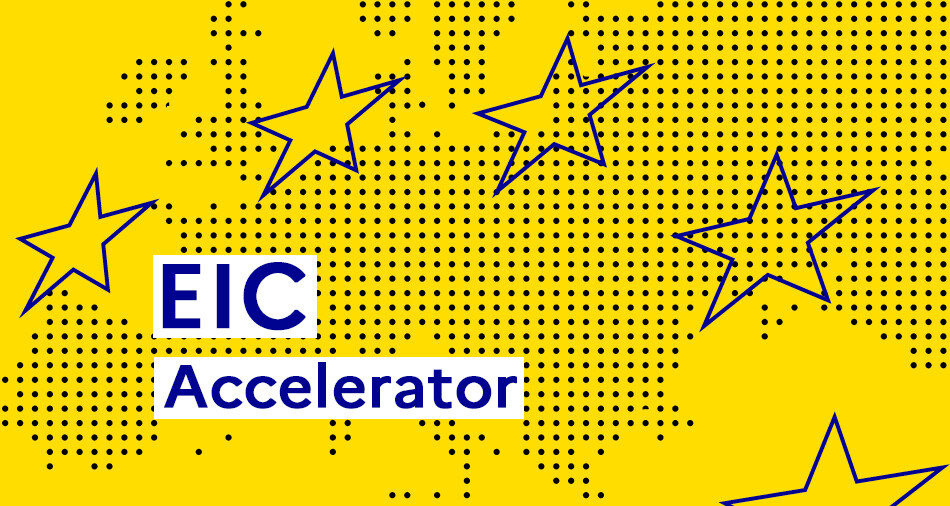ExpectedOutcome:
Project results are expected to contribute to the following expected outcomes:
- A holistic approach to lowering transport infrastructure environmental impact, which takes into account the whole life cycle of transport infrastructure; carbon-neutral construction, maintenance, operation and decommissioning of the infrastructure
- Implementation of circular economy principles (for example, by fostering new solutions and systems that are easy to maintain, repair, update, adapt and replace and by maximising the re-use/recycle of infrastructure components) to reduce emissions and the environmental impact; 100% reutilisation of construction materials within or across transport modes.
- Performance-based design models and manufacturing techniques (e.g. additive and subtractive manufacturing) with the objective to substantially reduce materials consumption in construction and maintenance activities.
- Enhanced modular construction, maintenance and decommissioning interventions able to reduce life cycle cost (LCC) by at least 30%.
- Optimisation of energy use and increased share of renewable energy for infrastructure management operations as a way leading to achieving energy neutrality
- Novel governance, public procurement and data utilization models to decrease the emissions and carbon footprint of the whole life cycle of transport infrastructure by 20%
Scope:
The overall objective of the topic is to support the development of sustainable transport infrastructure, addressing its environmental and economic efficiency dimensions.
Research should provide knowledge and technical solutions to limit transport emissions, both caused by transport infrastructure and to which transport infrastructure contributes, as the infrastructure related emissions are often unaccounted for. This in due to the long time between construction and decommissioning. Projects should cover the whole life cycle of transport infrastructure to which extent transport infrastructure design can influence and limit the overall emissions from construction, maintenance, operation and decommissioning of the infrastructure.
Proposals should address all of the following aspects:
- Development of new methods and technologies to construct, manage and maintain transport infrastructure in order to further contribute to lowering emissions while allowing for cost saving.
- Fostering of green, sustainable and innovative public procurement (particularly focused on the reduction of emissions, recycling and climate adaptation and mitigation).
- Development of smart techniques for effective construction, maintenance and decommissioning tasks leading to zero emissions from transport infrastructure. Modular, standard and prefabricated solutions need to be considered. Additive manufacturing techniques (e.g. 3D-printing) can be also taken into account. Recycling and reuse of materials should be also incorporated into the automated processes.
- Design and development of solutions for reduction of emissions through more efficient energy management on transport infrastructure operations by, for example energy harvesting on infrastructure and its verges, adaptive lighting systems, self-powered signalling systems and innovative tunnel ventilation. The proposed solutions should take into consideration existing regulations.
- Validation of all the proposed solutions in at least three demonstration pilots at minimum TRL7, considering different environments and phases of the infrastructure life cycle, , namely design, construction, maintenance and decommissioning.
Proposals should build on previous results from projects on sensoring, digitalisation, asset management, decision support and automation in the construction and maintenance of infrastructures.
Specific Topic Conditions:
Activities are expected to achieve at least TRL 7 by the end of the project – see General Annex B.
Cross-cutting Priorities:
Artificial IntelligenceDigital Agenda





